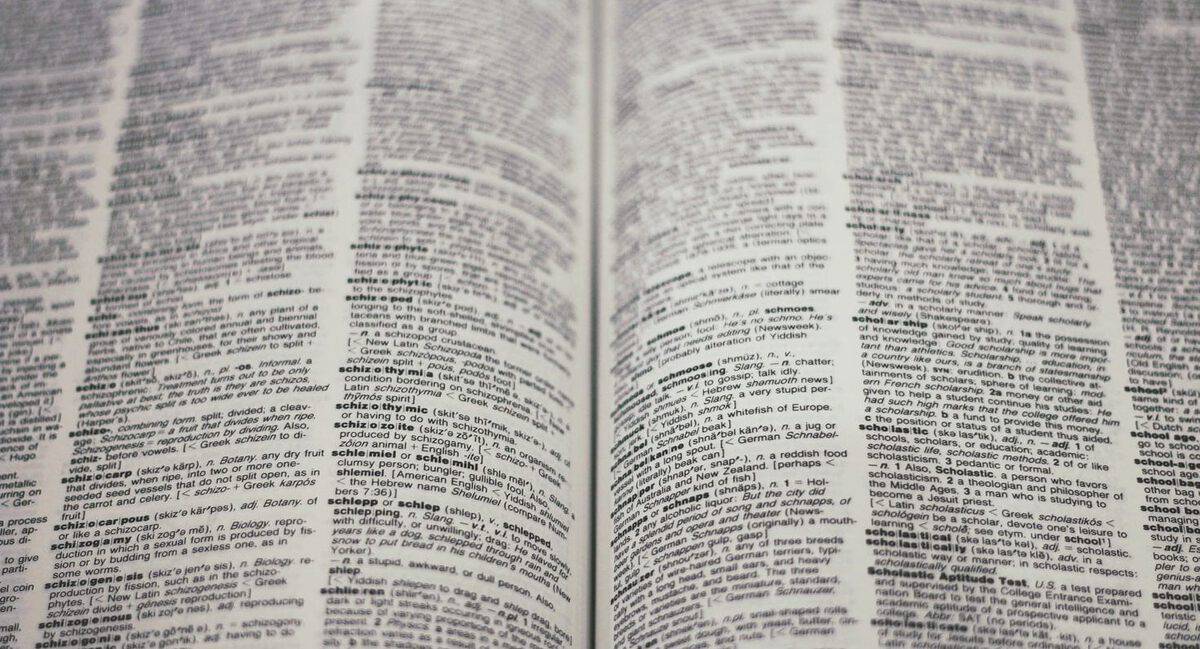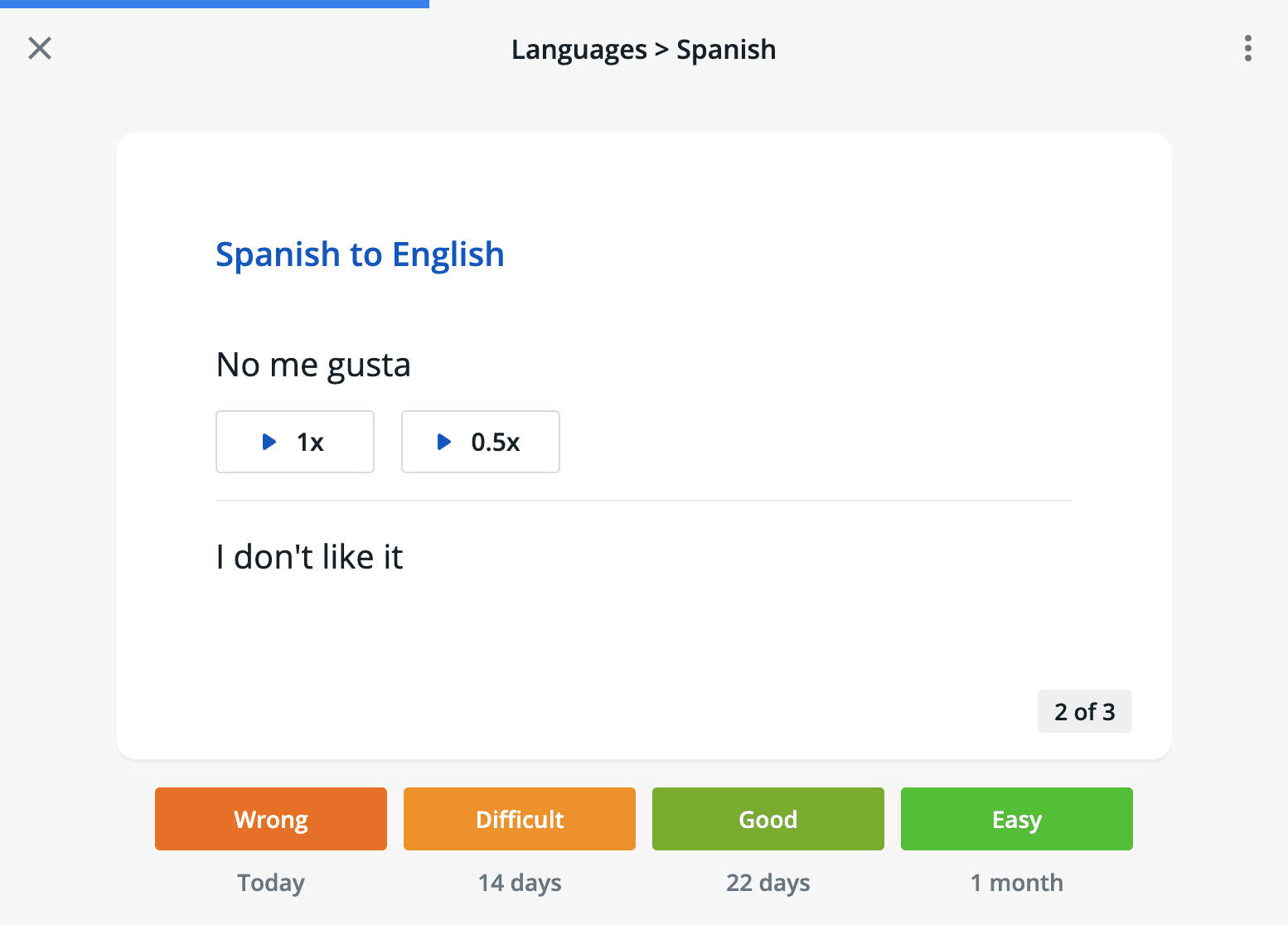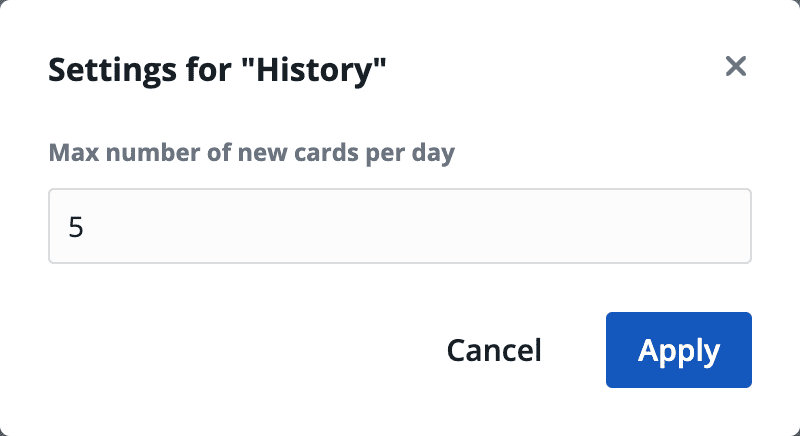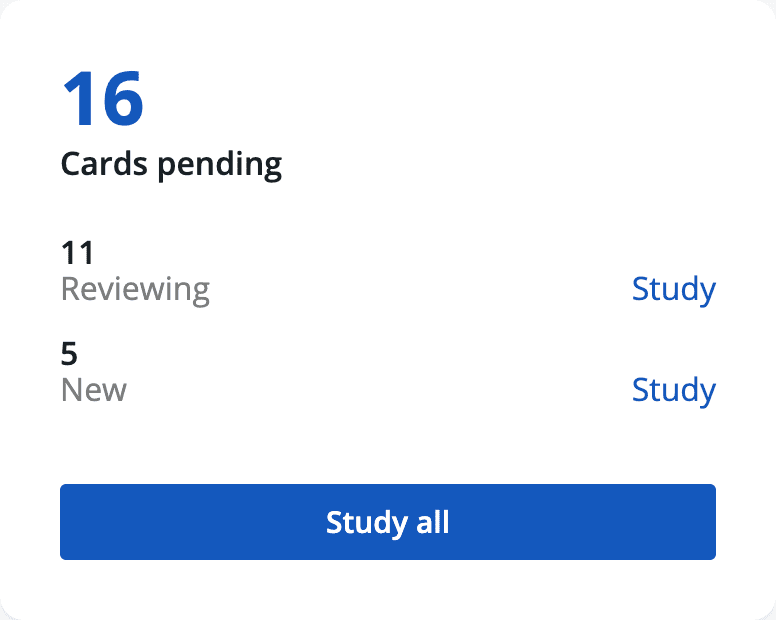Active Recall for the Language Learner
How to effectively memorize and improve vocabulary

Vocabulary plays a fundamental role in language learning. Knowing enough words gives us the building blocks for communicating with others and articulating our ideas. However, as with all forms of education, many of us tend to go through the language learning process without any real strategy for remembering the words and phrases we learn for the long term.
This article outlines how you can use Active Recall as a tool to efficiently expand and retain your vocabulary.
Build your language library
Active Recall’s card builder makes it easy to create language flashcards. It auto-generates translations, audio, and phonetics when applicable. This ensures that you’re able to sharpen your reading, writing, speaking, and listening skills, which are all needed to master a new language.
Language flashcards differ from regular flashcards in that with each language card you create, you will be quizzed on three things during a study session:
- Translate the word(s) to your native language. This tests your reading comprehension.
- Translate the word(s) to the language you’re learning. This tests your ability to recall and spell the foreign word(s).
- Audio clip in the foreign language. This tests your listening comprehension and helps you verify your pronunciation.
Your learning progress for these three items are tracked separately and shuffled during review. In the beginning, they might appear in close proximity to each other, but over time they will be spread out to ensure that you’re not getting “help” from recently seeing a related item.
Make it a habit to create flashcards soon after you learn a new word or phrase – while it’s still fresh in your memory. If you wait too long, you may forget the material and end up spending unnecessary time re-learning it. Adding new flashcards also gives you a steady stream of new vocabulary to study as you continue to make learning progress.
Establish a daily study routine

Active Recall works best if used consistently. Once you start using the app, its spaced repetition algorithm will determine when to quiz you based on how well you’re able to recall the material or how close you are to forgetting it. This allows you to study efficiently and spend the least amount of time needed to achieve long-term retention. But for the algorithm to work, it’s important that you try to study daily. Here’s why:
- It minimizes the chance of you forgetting something simply because you didn’t study a card when you were supposed to.
- It helps maintain a manageable study load. If you study irregularly, you may end up with a backlog of cards to “catch up” on.
- It establishes a studying habit that’s part of your daily routine.
In short, studying daily will save you time in the long run and make it easier to develop a consistent study routine.
Try to decide early on how much time you’re willing to commit to studying each day (or how many new words or phrases you want to learn). If you’re just beginning to use the app and haven’t built up your mental stamina yet, start small. 10 to 15 minutes will do. You can always put in more time once you’ve established a daily routine.
During review, cards from different folders will appear in a random and interleaved order. This is deliberate and produces substantially improved learning and retention, as well as a stronger grasp of grammar.
Don’t overwhelm yourself – manage your study load
While everyone’s ideal study load varies, it’s far better to study fewer words in a day and retain the material than to overwhelm yourself and end up quitting and not remembering anything at all. If you find that you’re adding new cards faster than you have time to study, you can limit the number of new cards that go into “review circulation” by using the “max new cards” setting on your folder.
For example, setting “max new cards” to 5 will ensure that only 5 new cards from a specific folder will appear per day, no matter how many cards you have. Everyone’s bandwidth is different, so set the study load that’s right for you.

Note that this setting only applies to cards that you have never studied before. Cards that have appeared in a previous review session should always be studied on schedule so you don’t forget them.

Set yourself up for success
Mastering a new language requires a great deal of time and dedication, but using the right tools and strategy can substantially accelerate your learning and boost your language skills.
Also read
- If you want to learn more about using Active Recall, check out our Getting Started guide.
- How to remember what you study and ace your exams using Active Recall